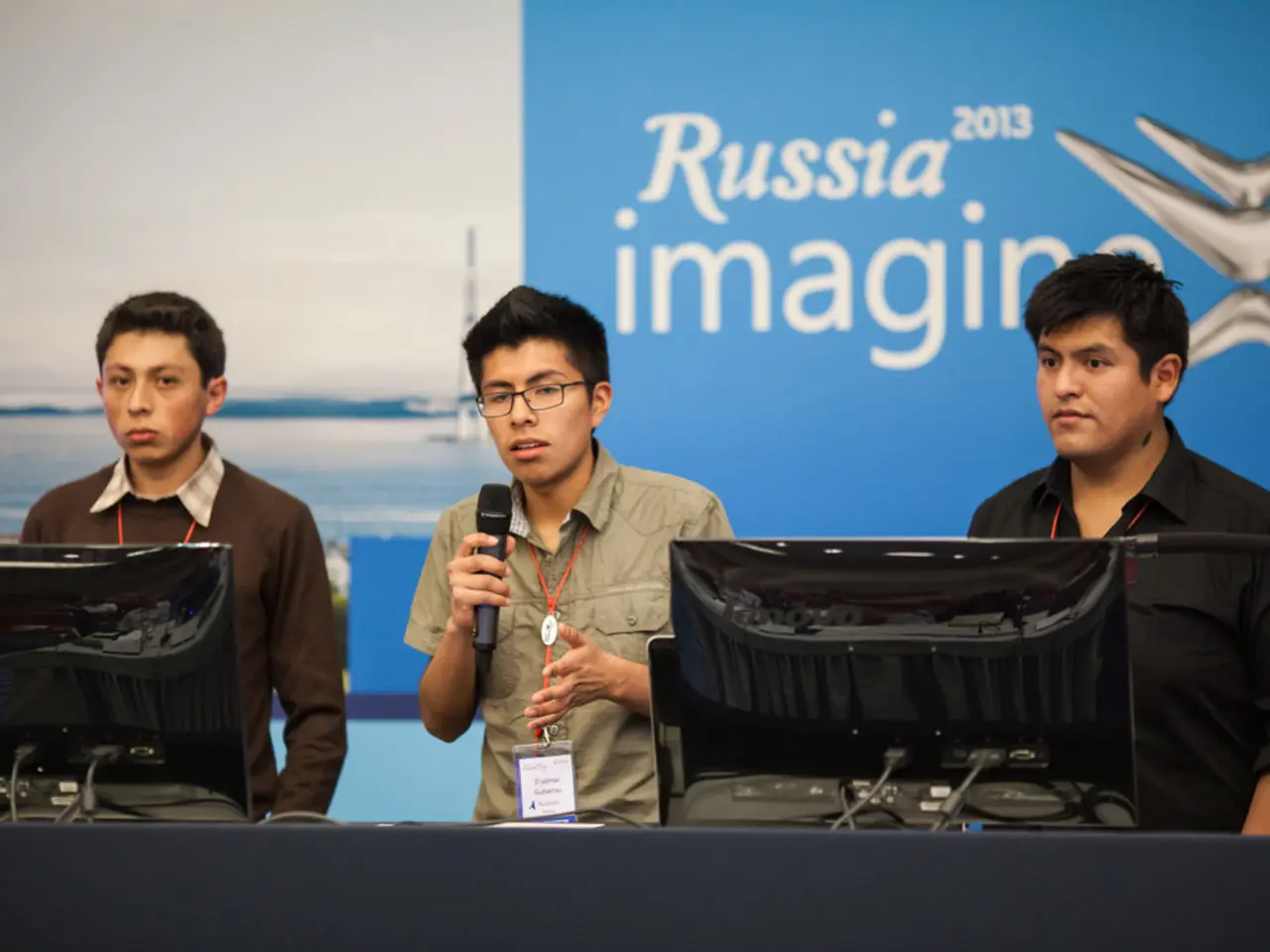Former ASML worker convicted and sentenced to three years in prison for disclosing confidential business information to Russia
In a landmark ruling, a judge in a European court has sentenced a former employee of ASML, a leading global player in the semiconductor industry, to three years in prison for sharing company secrets with a contact in Russia. The sentence was handed down following an investigation that uncovered the ex-employee had copied confidential files from both ASML and NXP computer systems over several years. The judge's decision underscores the international community's concern about Russia's acquisition of technology for its military purposes.
The judge's ruling also emphasises the importance of enforcing security laws regarding the sharing of technology with countries like Russia, given their potential military applications. The decision indicates a concern about the potential value of outdated technology to countries like Russia, which may be less technologically advanced, especially in the semiconductor industry.
The judge noted that even old or outdated information shared with a Russian contact could still be 'of great value to a country with a (much) lower level of knowledge,' such as Russia. The case highlights the potential security risks associated with sharing technology with countries like Russia, even if the information is outdated.
The defendant admitted to giving advice to his Russian contact, but did not explicitly state whether the files were intentionally shared with Russia. However, investigators found a large amount of files from ASML and NXP at the defendant's home, which were deemed unnecessary for his work.
The ruling underscores the international community's concern about Russia's acquisition of technology for its military purposes. Russia is known to acquire technology by any means to fortify its war machine. The judge's decision suggests that the sharing of technology with Russia, regardless of its age or relevance, could be considered a security offense.
It is now an offense to provide advice and share technology with Russia, according to the ruling. The case serves as a reminder to all employees in the tech industry about the importance of protecting sensitive information and adhering to security protocols.
The name of the former ASML employee sentenced to three years in prison for passing company secrets to a contact in Russia is not publicly disclosed. ASML is a significant player in the global semiconductor industry, manufacturing the most advanced lithography machines. TSMC, Samsung, and Intel are among the companies that rely on ASML's technology for chip production.
The judgment in the case applied internationally agreed security laws enacted in 2014, following Russia's invasion of Crimea. The sentence was reduced from the four years sought by the prosecution due to lack of proof of financial gain.
The ruling underscores the need for vigilance in protecting sensitive information and enforcing security laws, especially in the context of international relations. As technology continues to evolve, so too must our efforts to safeguard it from potential misuse by less technologically advanced nations.






